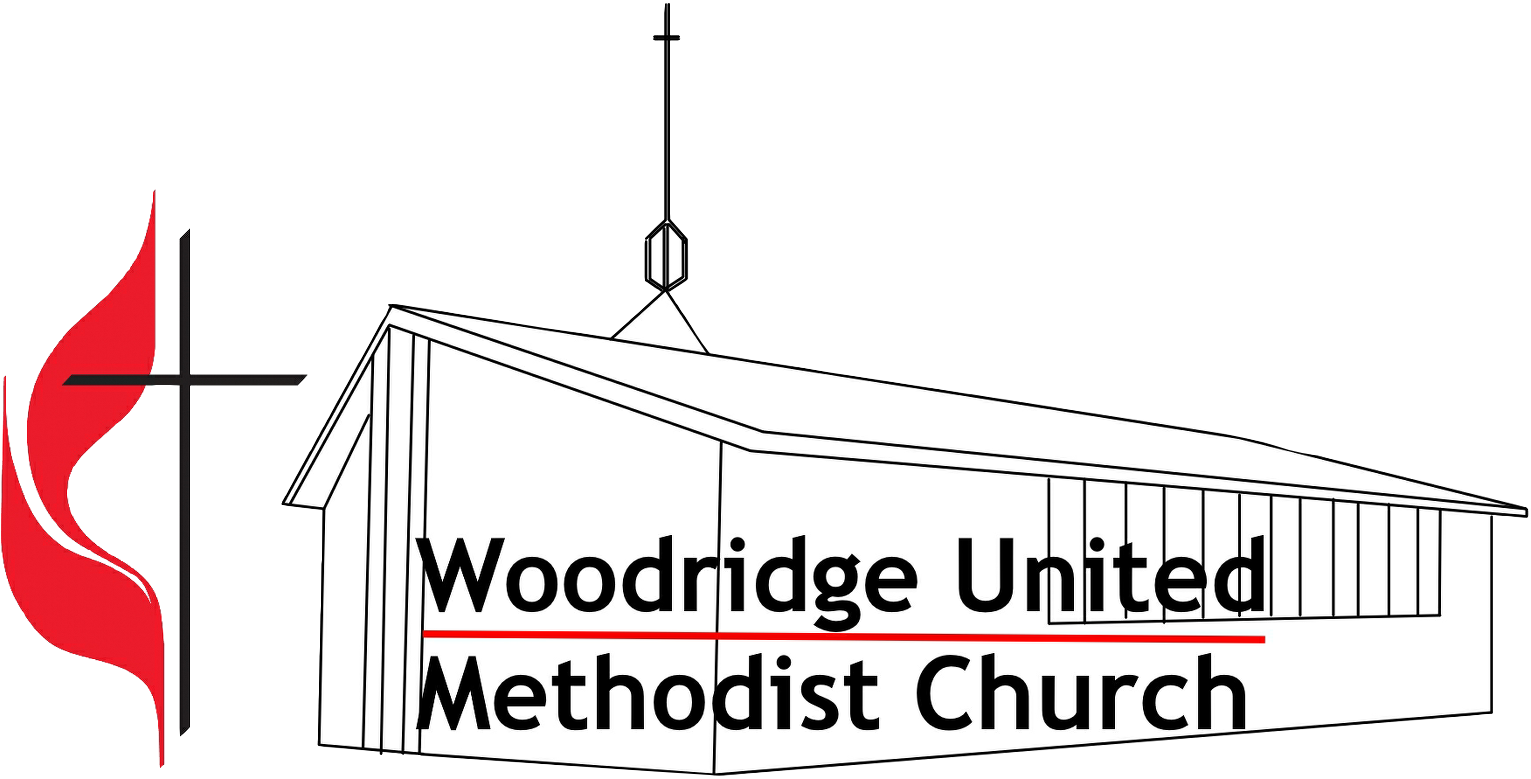Resources for Continuing the Conversation
As you know, we are in the midst of our summer sermon series on racism and becoming actively antiracist, “Privilege and Promise: This is America.” Those sermons happened the third and fourth Sundays in June and July, and will happen again on the third and fourth Sundays in August.
I don’t know about you, but I am really glad we are having these difficult conversations about topics that matter. Thanks to our Zoom chats after each of those sermons, this truly is a conversation. If you haven’t joined in on any of those chats — you are missing out.
People have been curious and candid, open to hearing new ideas, asking brave questions. And perhaps most importantly, people on the chats have been willing to admit they don’t know everything. “I don’t know” might be the most difficult words for me to say — yet the folks on our chats have been honest. I am really proud of all who have participated.
The willingness to learn and grow — rather than strictly sticking to “the way I was brought up” — is at the heart of becoming actively antiracist. Especially for we who are White.*
To that end, those on the sermon chats asked for more resources with which to continue their education. So I’m using this space to share some of those. Obviously, there is no such thing as a complete list. There are books, articles, movies, podcasts, and videos galore. So I will concentrate on the resources I’ve used to inform my sermons. (My previous post here included a more general series of links. Check that out if you want more.)
The two most important books I’ve read and that have influenced my sermons the most are:
How To Be An Antiracist by Ibram X. Kendi
Many of the statistics I used in my June 28th sermon came from Kendi’s book; pointing out the extant racism in all our systems: education, health care, criminal justice, banking, housing, employment, etc.
So You Want to Talk About Race? by Ijeoma Oluo
The whole book is great, but her chapter on privilege was especially helpful for me this past Sunday, July 26th.
Speaking of privilege…It became clear during Sunday’s chat that many of us struggle with — and even recoil at — that word, “privilege.”
This short video (less than 2 minutes!) shows an excellent and insightful classroom experiment demonstrating the concept of privilege. Notice how the students in the front row don’t think to complain that the system is unfair.
As Oluo writes, “privilege is an advantage or set of advantages that you have that others do not” (p. 59).
Privilege does not mean your life hasn’t been hard or that you haven’t worked hard. That seems to be the part of the word that trips people up.
Here’s where Gina Crosley-Corcoran’s article, “Explaining White Privilege to a Broke White Person,” that I quoted Sunday can help:
The concept of Intersectionality recognizes that people can be privileged in some ways and definitely not privileged in others. There are many different types of privilege, not just skin color privilege, that impact the way people can move through the world or are discriminated against. These are all things you are born into, not things you earned, that afford you opportunities others may not have
As I said (over and over) on Sunday, White privilege doesn’t mean your life hasn’t been hard; it means the color of your skin isn’t one of the things making it harder.
Or, as written from the perspective of a person of color talking to a White person: “White Privilege is your history being part of the core curriculum and mine being taught as an elective.”
Other types of privilege I have (though I’m sure there are more that I missed):
Middle Class
Citizen
Able-bodied
Cis-gender
Straight
White
Christian
Male
Meaning all those areas are not making my life harder.
I know cisgender is still a new term for some. It means “your gender identity or gender expression matches your sex assigned at birth.”
On the other end of the spectrum is transgender, meaning “a gender identity or gender expression that differs from their sex assigned at birth.”
Let’s turn to Oluo again.
When somebody asks you to ‘check your privilege’ they are asking you to pause and consider how the advantages you’ve had in life are contributing to your opinions and actions, and how the lack of disadvantages in certain areas is keeping you from fully understanding the struggles others are facing and may in fact be contributing to those struggles, (p. 63).
Ok, that’s probably enough for now. Take some time over the next couple weeks to read, reflect, wonder, ponder, and ask questions! That’s how we learn and grow.
You can leave a comment below or email me at
*The AP style has recently changed to capitalize Black but not White. I’ve read arguments for this distinction and arguments against it. I will capitalize both because I find most compelling the reasoning that we who are White have for too long hidden behind a generic cultural sense that positions us as the default. I am convinced that has contributed to us being blinded by our White privilege.
